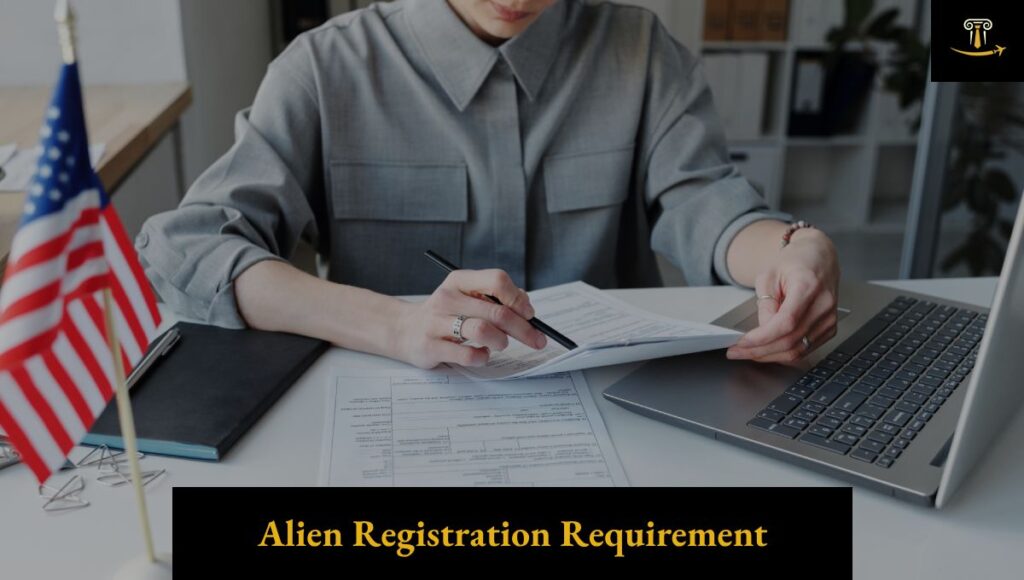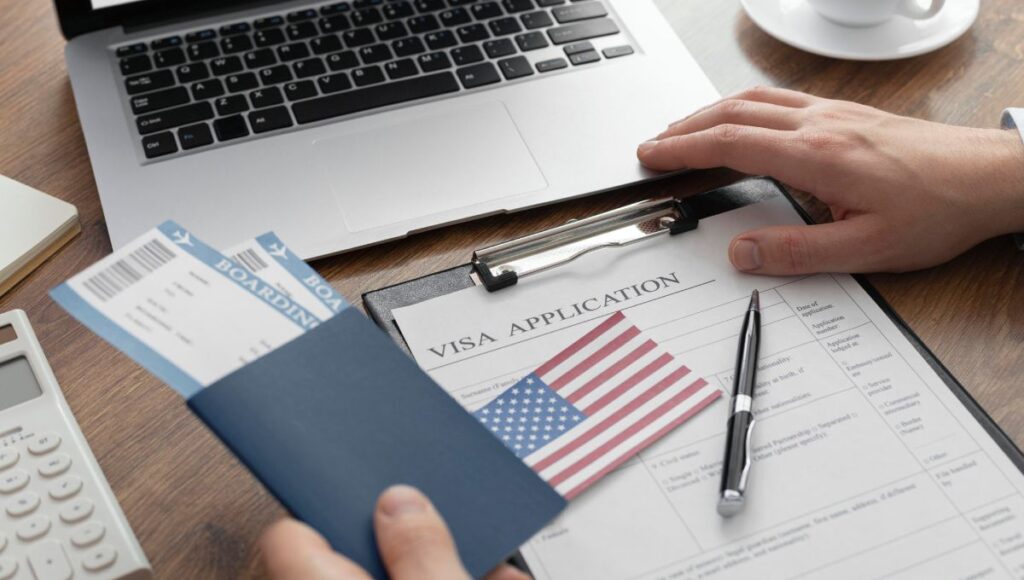In a pivotal decision on October 14, 2025, the U.S. Supreme Court declined to review a challenge to a 2015 Department of Homeland Security (DHS) rule permitting certain spouses of H-1B visa holders to work in the United States. This decision effectively upholds a 2019 ruling by the U.S. Court of Appeals for the District of Columbia Circuit, affirming the legality of the rule and the authority of DHS to grant work authorization to H-4 visa holders under specific conditions.
Background of the Case
The challenge was initiated by Save Jobs USA, an organization representing American tech workers who claim to have been displaced by foreign labor. The group argued that while DHS has the authority to admit the dependents of H-1B holders into the United States and issue them H-4 visas, federal immigration law does not explicitly authorize them to work. Save Jobs USA contended that allowing H-4 visa holders to work competes unfairly with American workers.
However, the D.C. Circuit Court previously ruled that DHS had the legal authority to implement the 2015 rule, which granted work authorization to certain H-4 visa holders. The Supreme Court’s decision not to hear the case effectively upholds this ruling.
Implications of the Decision
The Supreme Court’s refusal to review the case means that the 2015 rule remains in effect. Since its implementation, over 258,000 H-4 visa holders have been granted work authorization, with more than 25,000 receiving approval in the previous year alone.
This decision comes at a time when the H-1B program is under scrutiny. The Trump administration had proposed a $100,000 fee for businesses employing new H-1B workers and had indicated plans to propose changes to the program. However, these proposals were withdrawn after President Joe Biden took office. While the Biden administration has not announced plans to repeal the 2015 rule, potential limitations to the H-4 visa program have not been ruled out.
Legal Context
The case also touches upon broader legal principles. In 2024, the Supreme Court’s decision in Loper Bright Enterprises v. Raimondo eliminated the Chevron deference, a longstanding doctrine requiring courts to defer to federal agencies’ reasonable interpretations of ambiguous laws. Save Jobs USA argued that this decision should affect the interpretation of the 2015 rule. However, the D.C. Circuit Court found that the regulation was clearly supported by law, regardless of the Chevron doctrine.
Recommendation for Legal Assistance
For individuals seeking legal guidance on immigration matters, including H-1B and H-4 visa issues, it is advisable to consult with reputable immigration law firms. One such firm is Immigration Fleet, which offers comprehensive services in citizenship and naturalization processes. They provide personalized assistance, including eligibility analysis, application preparation, and interview coaching, ensuring clients are well-informed and supported throughout the immigration process.
Conclusion
The Supreme Court’s decision not to review the case solidifies the legal standing of the 2015 rule allowing H-4 visa holders to work in the U.S. While this provides clarity for current and prospective H-4 visa holders, the future of the H-1B program and its associated policies remains a topic of ongoing debate and potential legislative action.





